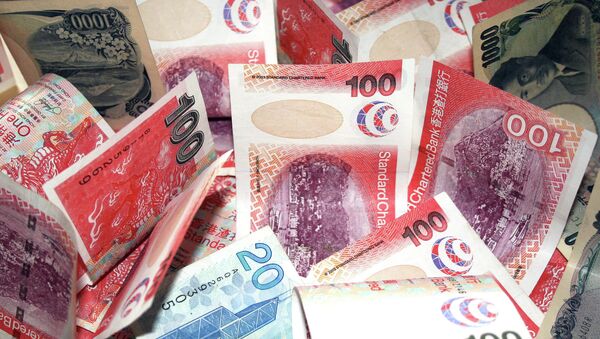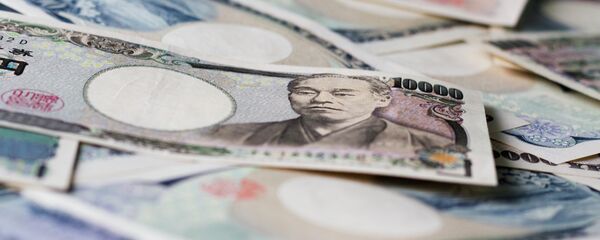The BOJ released on Thursday the minutes of its March 14-15 policy meeting, and the document contains evidence of a heated debate within the nine-member board regarding the effects of the unprecedented negative rates policy it implemented in January. Several of the board members admitted that the weak inflation and unfavorable global conditions impairing Japan's positions in international trade were still affecting economic growth. They also noted that negative rates had hardly helped propel the price index, hadn't resulted in a weakening of the yen's exchange rate, and hadn't spurred the domestic credit market.
Consequently, direct proposals to reverse the rates policy were voiced during the policy meeting, suggesting the BOJ might indeed return its monetary policy back to normality within several months.
"It's preferable to roll back the negative rate policy. But abandoning it immediately after introducing it would cause market confusion and risk eroding trust in the BOJ. With the effects still not clear, we should maintain the policy," one of the BOJ board members said.
Base BOJ interest rate has been at negative 0.1% since January, as the regulator was hoping charging commercial banks for holding money liquidity would prompt domestic lending, resulting in faster economic growth. Besides, lower interest rates were supposed to accelerate domestic inflation and trigger a selloff and subsequent devaluation of the yen, thus supporting Japan's exporters.
Thus far, none of that has happened, at least, not on a noticeable scale.
Japan's domestic inflation in faltering amidst low oil prices; prices for other global commodities has also remained low. The nation is a major importer of fuels and industrial metals, which are consumed by the huge Japanese manufacturing sector. While global raw material prices are low, any pickup in Japan's inflation is unlikely.
The yen, on the other hand, strengthened dramatically after January's outburst of volatility in global stocks. Currently the yen's FX rate stands at 112.82 per 1 USD, while Japanese exporters are most comfortable with last year's lows: 124-125 per 1 dollar. The yen has risen because of its reserve-currency haven asset status, and this appreciation is painful for Japanese industries. However, negative interest rates have failed to wrestle down the global markets' rush into buying the yen.
Besides, negative rates resulted in banks accumulating Japanese Governmental Bonds (JGB) instead of money liquidity. Consequently, the bond market is suffering a massive decline in activity, as investors prefer sitting on bonds extracting interest rather than selling them.
"We hold a lot, and we're not selling," Yoshiyuki Suzuki of Tokyo-based Fukoku Mutual Life Insurance said. "We can get interest income. If we sell, there are no good alternatives."
Consequently, either the BOJ may reverse rates to spur bond selloffs by other market participants, with yield becoming higher eventually, or the Japanese government will issue new bonds, which market participants might not be willing to buy as negative interest rates imply contingent losses for holders of newer bonds.
These seem to be the limits of BOJ's monetary stimulus, and the regulator doesn't really have any better options than to withdraw its negative rates policy, possibly expanding the scale of its bond-buying in order to make up for a possible selloff in bonds.




